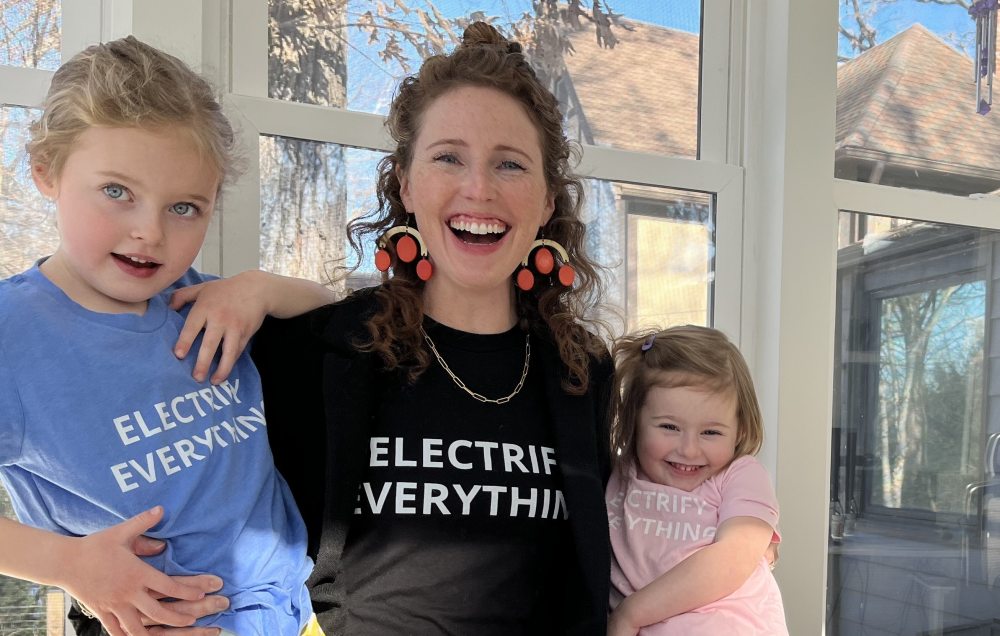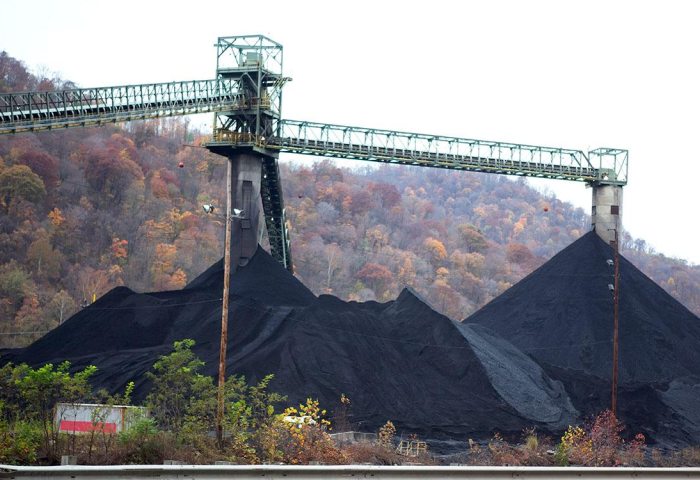
Building on 10 years of experience working on the Sierra Club’s Beyond Coal Campaign, I have moved into a new and exciting role as a Senior Director for Energy Campaigns. In this role, I oversee the Sierra Club’s work across three critical and interconnected sectors: electricity, transportation, and buildings. I recently sat down (over Zoom!) with one of my heroes, Mary Anne Hitt, formerly the Director of Campaigns at the Sierra Club and now the Senior Director at Climate Imperative, to talk more about my new role and our opportunities to tackle the climate crisis.
Our conversation takes us back to the story of how I got into working on air pollution and climate change: We talk about the cancer-causing chemicals that pushed my family out of my childhood home, and about how pollution from fossil fuels affects us all – but affects low-income communities and communities of color first and worst. We talk about maintaining hope over the long haul, and deriving some of that hope from the young people in our lives. --Holly Bender
(interview edited for clarity and length)
Mary Anne Hitt: I am very honored that you asked me to do this, so thank you. I think you’re one of the most brilliant and inspiring leaders coming up in the climate movement. I love that I get to talk to you a little bit about where you came from, your new role, and all the opportunities you see out there to make a difference. To start, I want to hear more about your new role at the Sierra Club.
Holly Bender: Thank you for that lead-off, and the feeling is mutual. This is the highlight of my week, getting the chance to talk to you about my new role at Sierra Club.
I am now a Senior Director for Energy Campaigns, a role that oversees Sierra Club’s national campaign work across three of the most important and connected sectors of our economy in the fight for an equitable, clean energy future: electricity, transportation, and buildings. The goal of nesting these campaigns together is to more fully address the pollution from fossil fuels used in power plants, cars, buses, and gas appliances, while tapping in more fully to the clean energy solutions that support clean air, clean water, and more resilient communities.
MAH: So when you think about those three - electricity, transportation, and buildings - those are three of our biggest contributors to the climate crisis. When you think about leading that work, what are the opportunities to get it right and what is at stake if we don’t?
HB: Seventy percent of US greenhouse gas emissions come from these three sectors, where we are still totally hooked on fossil fuels like coal, gas, and oil. When I first sat down in this new role with our team of analysts to look at the data, it was so clear how much progress we could make by swapping fossil fuels for electricity, like an electric car, or an induction cooktop. Of course, all of this also requires us to get fossil fuels out of our power grid and switch to clean electricity. It’s really inspiring, because it’s not just about greenhouse gas emissions; it’s also about all the diesel pollution we can avoid, ensuring safer indoor air in our homes and schools, and building new, resilient systems that work for more people.
You asked about opportunities. President Biden is our first climate president and the next three years present a huge opportunity. The president has a mandate to act on climate justice, and it is imperative that we hold him accountable to that mandate, while doing what we can to provide support, clarity, and vision from the frontlines.
Second, environmental organizations have a track record of stopping bad stuff, like new polluting facilities, but what is needed of us now is to go to the mat for the good stuff. We need to reorient ourselves around solutions in a way we never have, and to reimagine how these solutions can remake our economic systems and our communities. I’m talking about solutions like emergent local clean energy models, unionized battery manufacturing facilities, electric car and bus infrastructure, and apprenticeship and training programs designed to bring historically marginalized communities into this work; and I could go on. This is inspiring and hard work, and it’s what’s needed at this moment.
A lot is at stake if we don’t get this right. I’m generally an optimistic person, so rather than going to the “planet on fire” framing with a clock ticking down, I see our windows of opportunity and time increasingly overlapping, and I’m focused on holding more complexity and simultaneity. We also have to carry an awareness that climate change brings urgency into our lives, while ensuring false or misplaced urgency does not lead us to false solutions.
